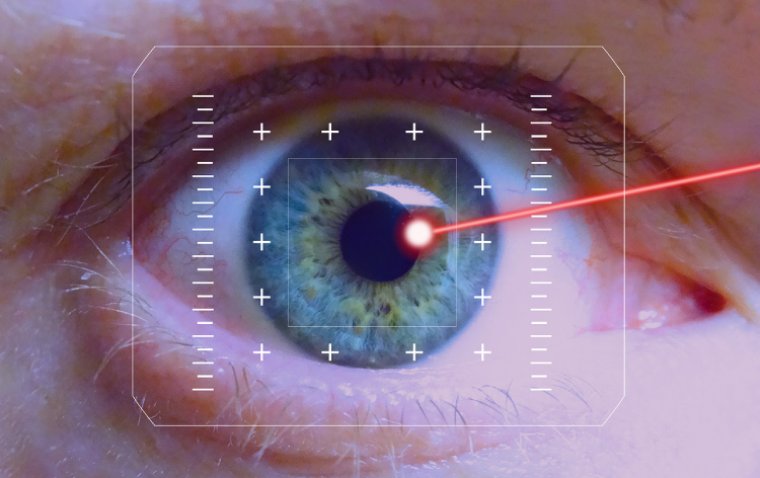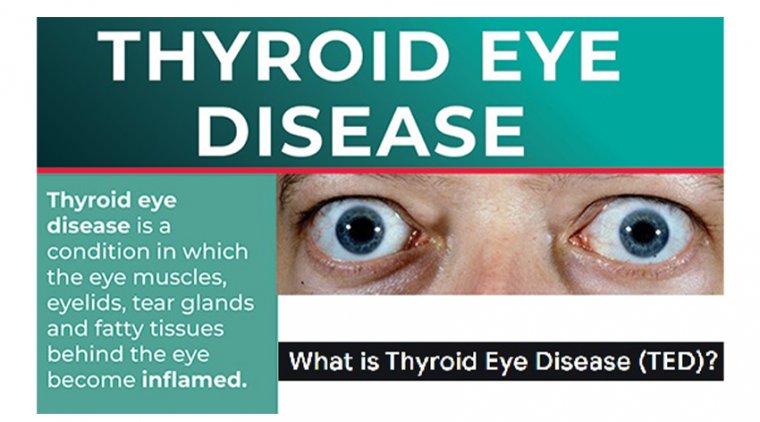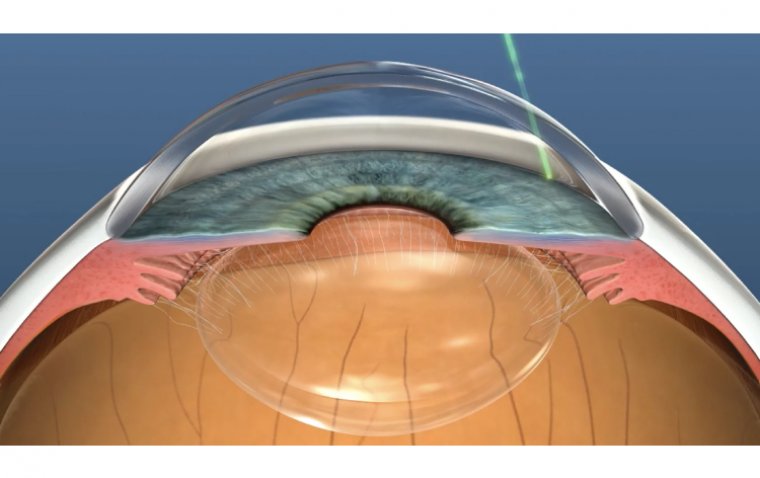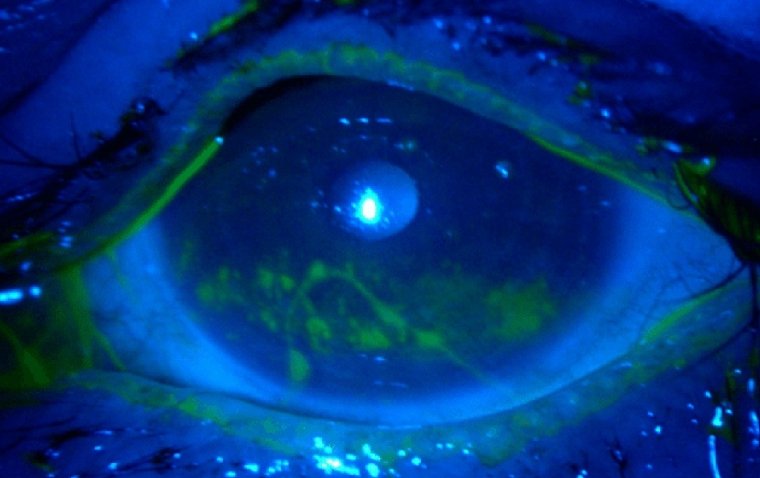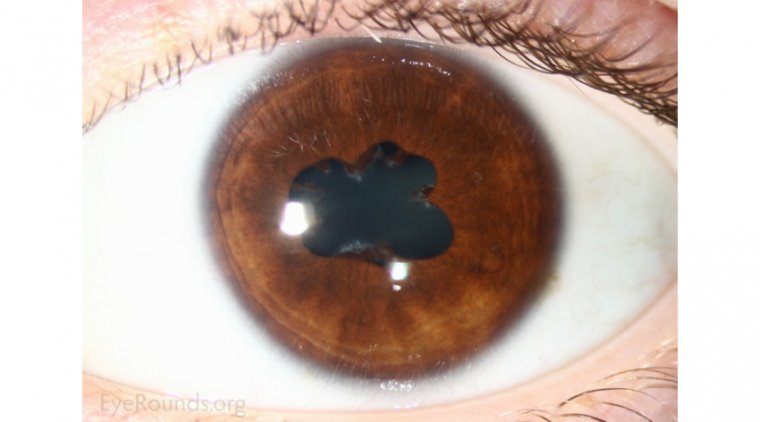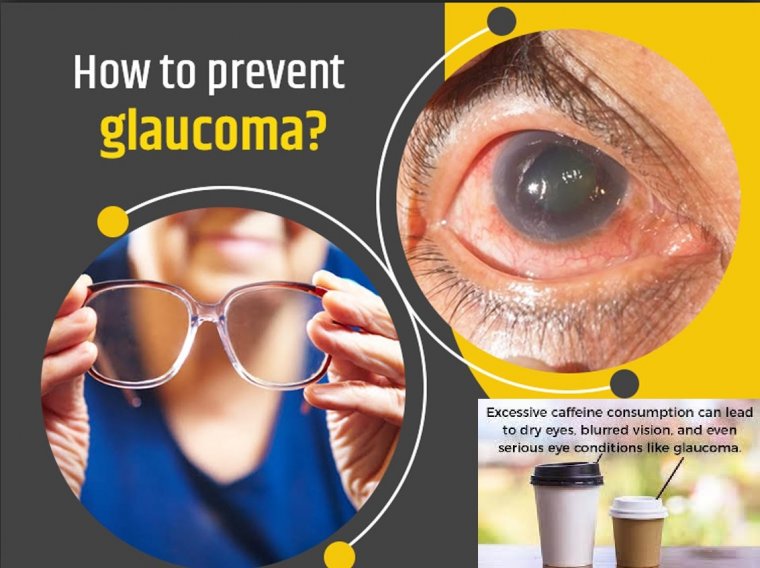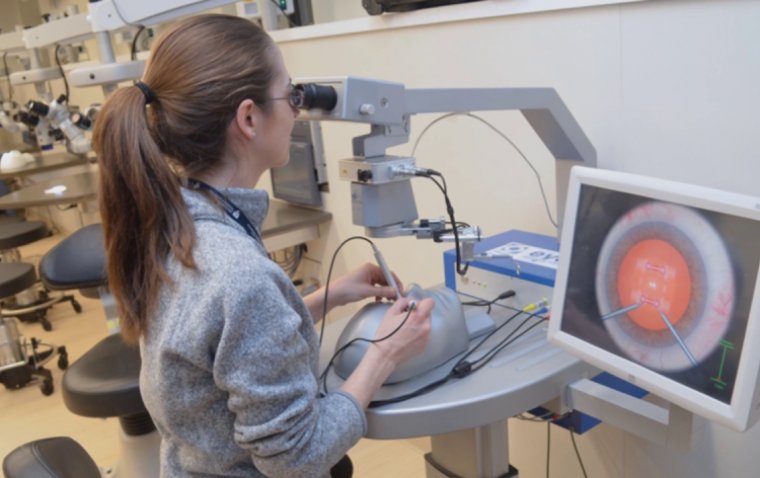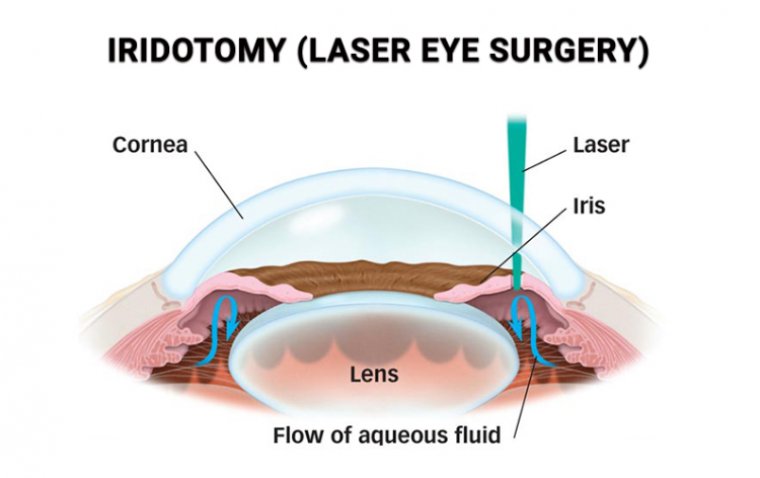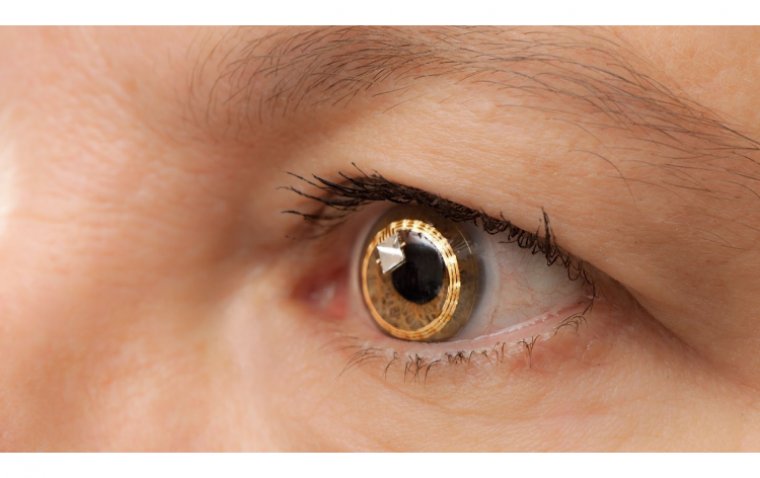
Telescopic Contact Lenses: Innovative Solutions for Vision Impairment
Telescopic contact lenses are a recent development in the field of ophthalmology that allows people with age-related macular degeneration (AMD) to see more clearly. Telescopic contact lenses use miniature telescopes that are built into the lens to magnify images and project them onto a healthy part of the retina, thus improving vision. The lenses work by adjusting the incoming light, magnifying the images before they reach the retina, and creating a clearer image of the object being viewed.
Telescopic contact lenses hold immense potential in revolutionizing the way people with vision impairments experience the world. In addition to aiding people with AMD, they can also benefit individuals with conditions such as diabetic retinopathy and glaucoma.
Are Telescopic Lenses Real?
Telescopic lenses are indeed real and have been developed by several companies. One such company is Ocumetics Technology Corporation, which has developed a bionic lens that can be implanted directly into the eye to improve vision. Other companies, such as eSight, have developed wearable technology that uses cameras and screens to enhance vision.
Recent Developments & Challenges
In recent years, there have been significant developments in telescopic contact lenses. Researchers have been exploring ways to make these lenses more comfortable to wear and less obtrusive. Some companies are also exploring ways to use augmented reality technology to enhance vision even further.
However, as with any new technology, there are still some limitations and challenges associated with telescopic contact lenses. For instance, the lenses can only help with central vision and may not be suitable for individuals with severe vision loss. The lenses are also currently not covered by most insurance policies, making them inaccessible for many individuals who may benefit from them.
Are Telescopic Contact Lenses Available for Purchase?
While telescopic contact lenses are not yet available for purchase, they are currently in clinical trials are being tested for their effectiveness, comfort, and safety. Researchers are working to refine the technology and make it more widely available to people with vision impairments. As the technology improves, telescopic contact lenses have the potential to revolutionize the way people with AMD and other vision impairments see the world.
In conclusion, telescopic contact lenses are a promising development in the field of ophthalmology that have the potential to significantly enhance the quality of life for individuals with vision impairments. While they are not yet widely available, ongoing research and development in this area suggest that they may become a more widely accessible solution in the future.
(1).jpg)
